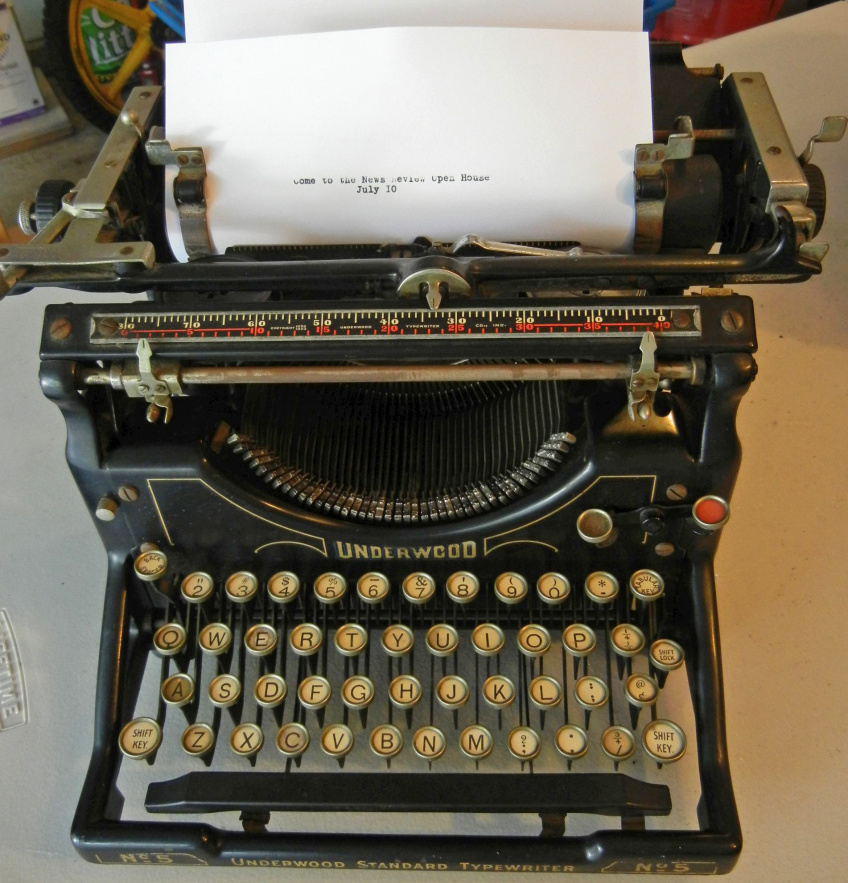November of this year will mark the 80th anniversary of the founding of this newspaper. Since 1937, every week has seen an issue – through war, through storms, through unrest and turmoil. The paper takes its role seriously as an intrinsic and essential part of the fabric of this community. Correspondents frequently note that the existence of the paper was a key factor in their decision to live here. “With such a paper,” they reasoned, “how could this NOT be a thriving community?”
Documentary
The paper is sponsoring two birthday initiatives. The first, and most immediate, is a documentary presentation about the history of the paper. Covering the period from the paper’s inception as a mimeographed and stapled newsletter, the documentary will be anchored around the controversy of the paper’s libel suit and the eventual landmark freedom of the press decision in the Supreme Court. A key theme is the in- ternal development of the paper and the personalities and skills of the staff that have supported it over the years. Greenbelt’s own professional videographer and producer, Susan Gervasi, will produce and direct the film, and she and husband Frank are already shooting interviews and background footage. Projected to be an hour in length, the show is expected to premier at this year’s Utopia Film Festival and there are hopes of it scaling the dizzying heights of local public television stations. Move over Sundance.
Archive
Less glitzy, perhaps, but crucially long term and comprehensive, is the initiative to create a high quality, indexed archive of the newspaper from 1937 through into the future. The current online archive is of patchy quality and the physical papers themselves are deteriorating rapidly because newsprint is highly acidic and browns and crumbles quickly. Time is of the essence.
Newspaper staff had been investigating possible avenues for digitization, looking at methods and costs but had little internal expertise. Thanks to the advice of Anne Marigza, a Greenbelt resident and conservator at the Holocaust Museum, the paper contacted the University of Maryland’s libraries. To the surprise of the paper, it turned out that UMD had already applied for and won a grant from the National Endowment for the Humanities to digitize the first 10 years of the Cooperator – the News Review’s initial name. UMD, in turn, was equally surprised to hear from us – the Cooperator had ended in the early fifties – but here it was, alive and well. Serendipity. It was an easy step to put heads together and figure out a path forward toward the eventual digitization of the entire corpus of the paper. Although the first phase is already funded, the road to the remaining years will almost certainly require a mixture of grant funding and private initiatives.

